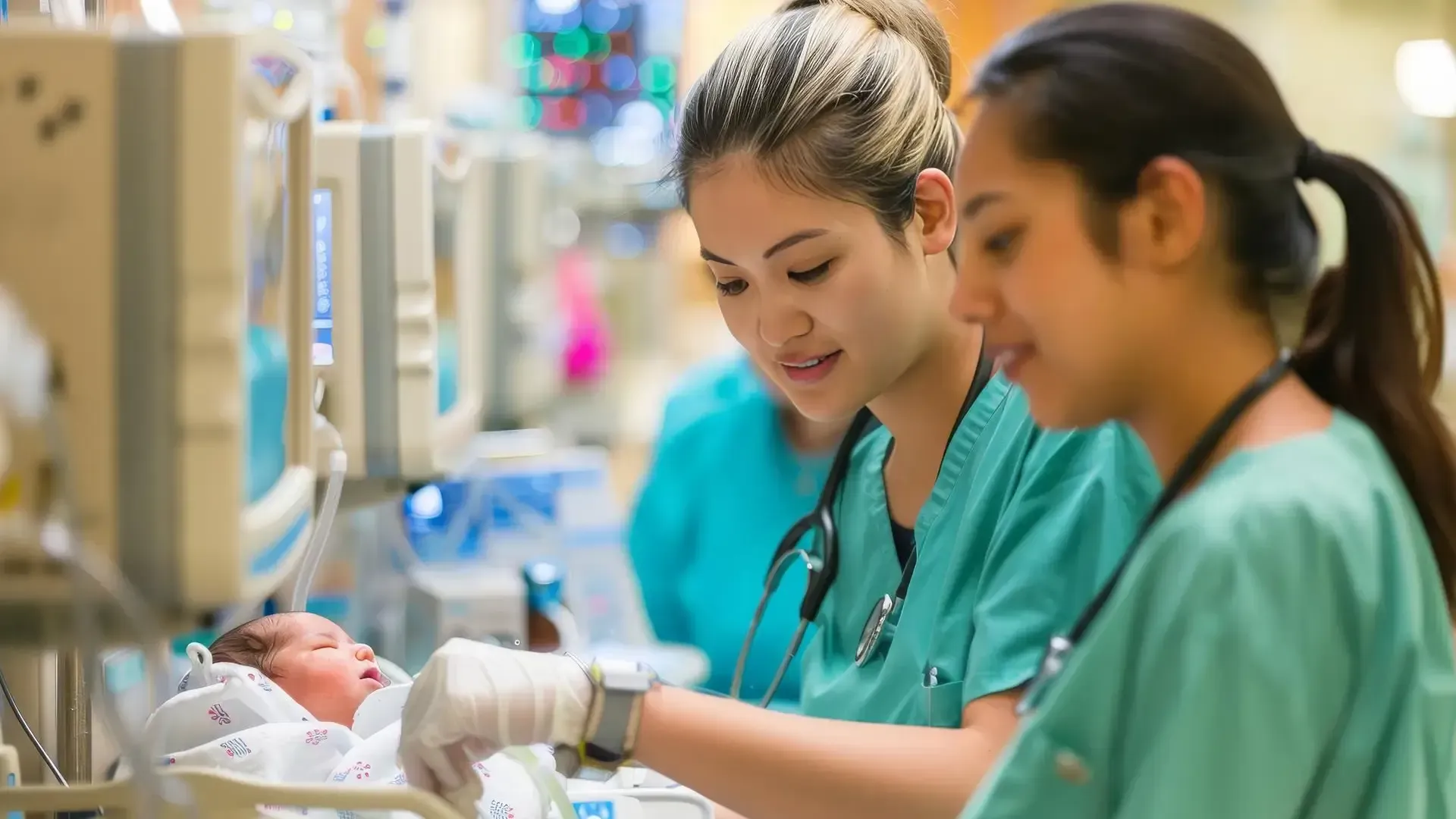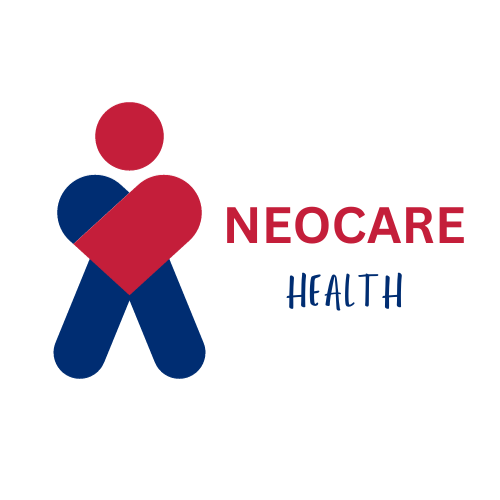The Impact of Genetic Screening in Neonatology
Neonatal care has made remarkable advancements over the past few decades, thanks to the integration of genetic screening into routine practices. Genetic screening enables healthcare professionals to identify genetic disorders and abnormalities in newborns, allowing for early intervention and personalised care. This article explores the role of genetic screening in neonatal care, its benefits, ethical considerations, implementation challenges, and emerging technologies.
The Role of Genetic Screening in Neonatal Care:
Advancements and Benefits of Genetic Screening:
Advancements in genetic screening techniques, such as next-generation sequencing (NGS), have revolutionised neonatal care. NGS allows for the rapid and cost-effective analysis of an individual's entire genome, providing comprehensive information about genetic conditions. This technology has significantly improved the accuracy and speed of diagnosis, enabling healthcare professionals to start interventions promptly.
The benefits of genetic screening in neonatology are numerous. Firstly, it allows for the early detection of genetic disorders, enabling physicians to initiate appropriate treatments or interventions immediately. Early intervention can lead to better outcomes, improved quality of life, and reduced healthcare costs in the long run.
Secondly, genetic screening helps in identifying genetic conditions that may not present obvious symptoms at birth but could manifest later in life. Detecting these conditions early can enable proactive management and preventive measures, thus minimising potential complications.
Ethical Considerations:
While genetic screening offers significant advantages, it also raises important ethical considerations. The information obtained through genetic screening may have implications for the child's future medical care, family planning decisions, and psychological well-being. Therefore, it is crucial to ensure informed consent and genetic counselling are provided to parents so they can fully understand the potential implications of the results.
Additionally, there are concerns about privacy and confidentiality when it comes to genetic information. Strict protocols and regulations must be in place to protect the privacy of individuals and ensure that the information is used appropriately and responsibly.
Implementation Challenges:
The integration of genetic screening into neonatal care does come with its fair share of challenges. One of the major challenges is the cost of testing, as advanced genetic screening technologies can be expensive. Efforts are being made to make these tests more accessible and affordable for all families.
Another challenge is the interpretation of genetic test results. Genetic information can be complex and may require specialised training to accurately interpret and understand the implications. Healthcare professionals need to be adequately trained to navigate and communicate this information effectively to parents and caregivers.
Emerging Technologies:
As technology continues to advance, so too does the potential for genetic screening in neonatal care. Emerging technologies such as non-invasive prenatal testing (NIPT) and gene editing techniques like CRISPR-Cas9 hold promise for improving the accuracy and efficacy of genetic screening. These technologies have the potential to revolutionise neonatal care by enabling earlier and more precise diagnoses, as well as targeted treatments.
Genetic screening plays a pivotal role in personalised care in neonatology by allowing for early identification of genetic disorders and tailored interventions. Advancements in genetic screening technologies have led to improved accuracy, speed, and accessibility of testing.
However, ethical considerations, implementation challenges, and the need for ongoing research and training must be addressed to ensure the responsible and effective integration of genetic screening into neonatal care. As technology continues to evolve, genetic screening holds immense potential for further improving the health and well-being of newborns around the world.










